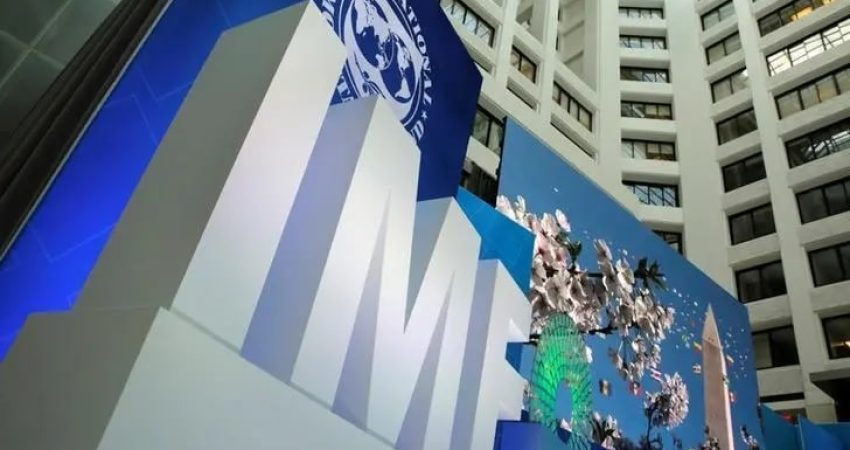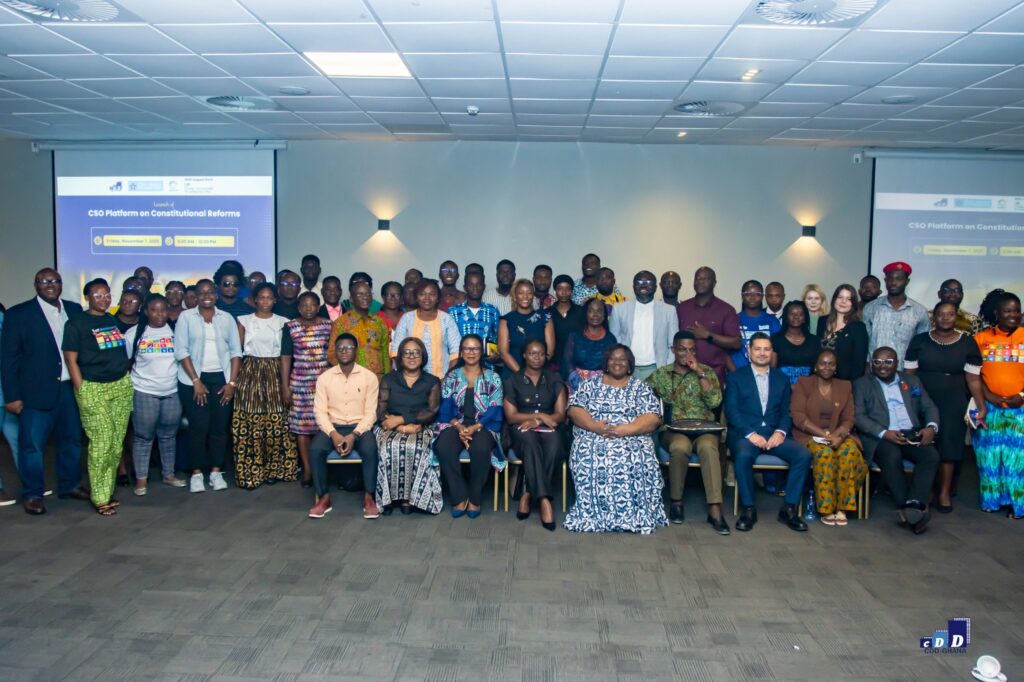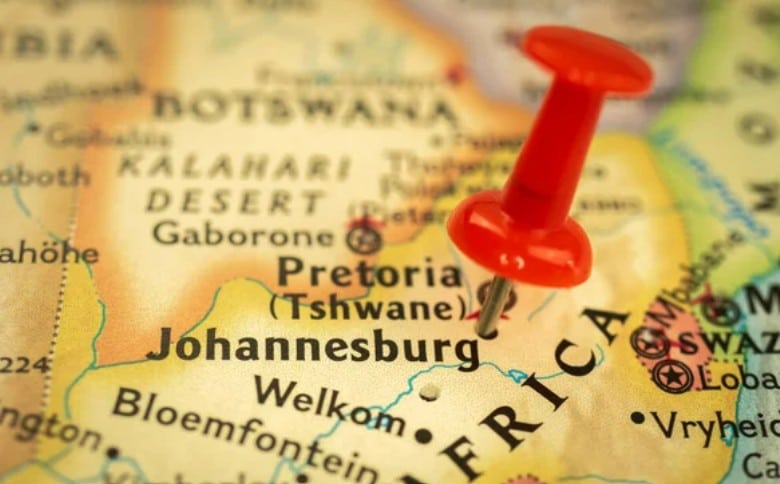If we lived in a world in which our SOEs were well managed and independent, they had no cashflow problems, were profitable, did not depend on government bailouts, and easily serviced their debts, they would pose no fiscal risks to the government’s ability to manage non-SOEs public debt. There may be no need to include the debt of SOEs in public debt. Unfortunately, this is not Ghana’s reality. This was why the IMF, in its May 2023 debt sustainability analysis, observed, among others, that (a) “Cocobod operations pose fiscal risks related to its heavy involvement in extra-budgetary spending”; (b) “Ghana’s Cocoa Board (Cocobod) — the state-owned entity … — has accumulated annual losses for many years.”; (c) “SOEs are imposing a direct fiscal cost to the central government and are a major source of fiscal risks. This reflects both weak institutional arrangements and unsustainable sectoral policies.” and (d) “Shortfalls in the energy sector have been significant due to below-cost-recovery tariffs, large distribution losses, and excess capacity amid take-or-pay contracts. This has cost the central government some 2 percent of GDP in transfers per year since 2019 and has also led to the accumulation of payables to IPPs and fuel suppliers.”
